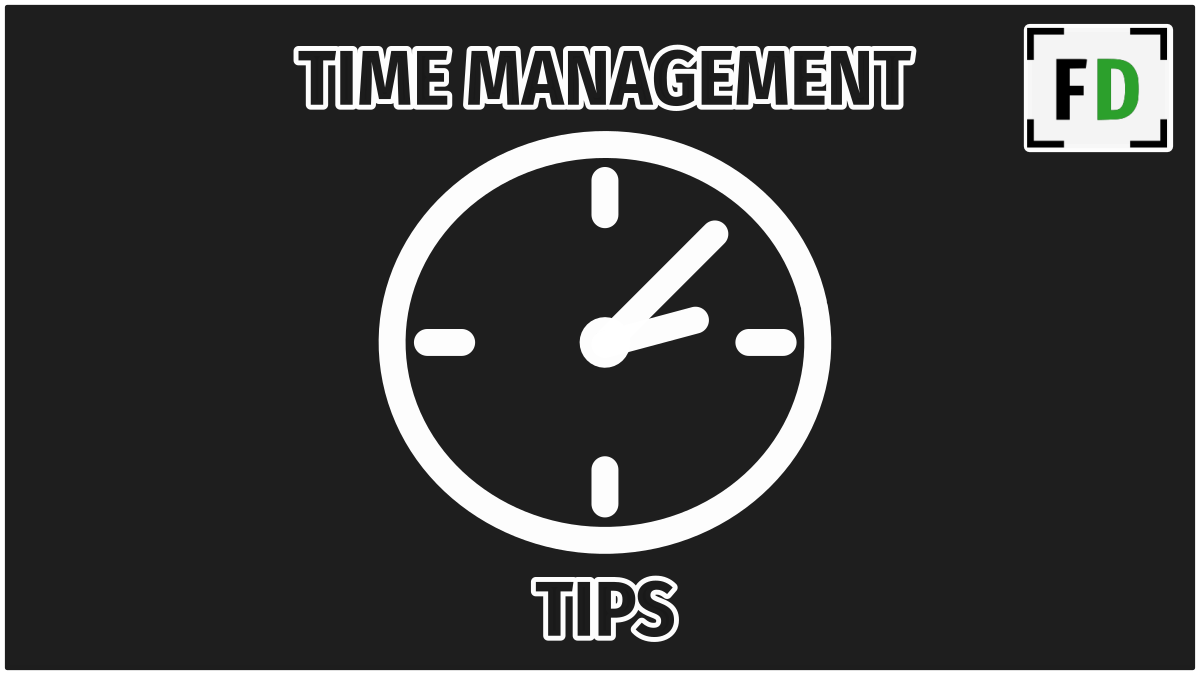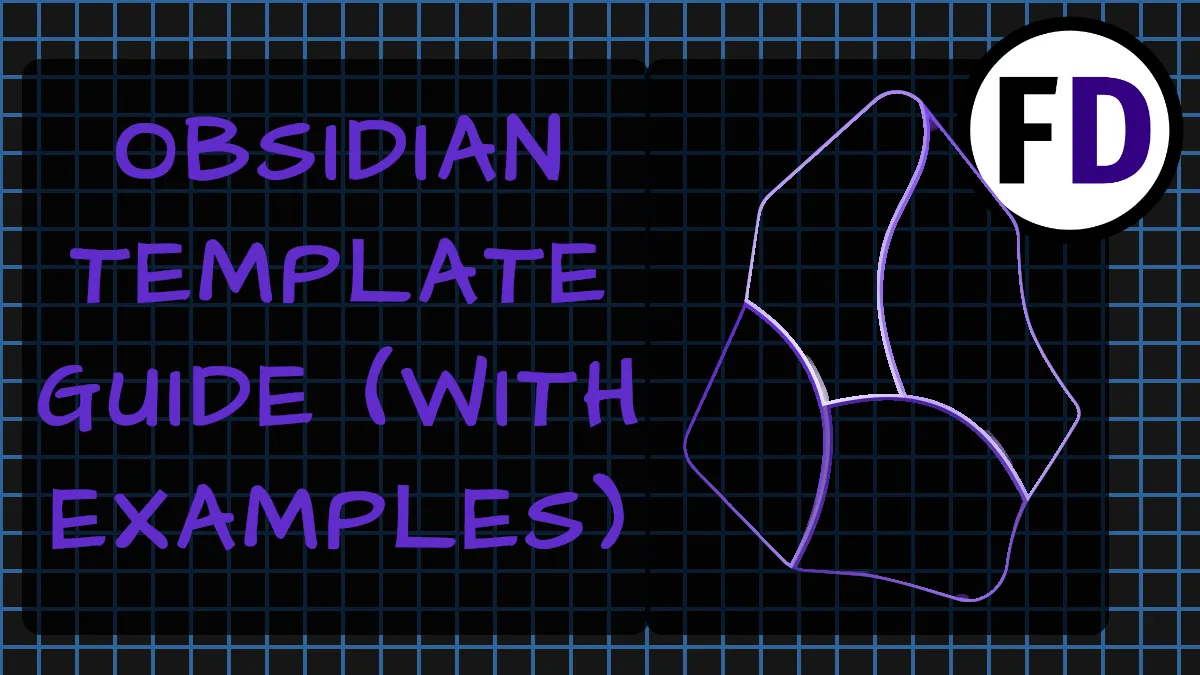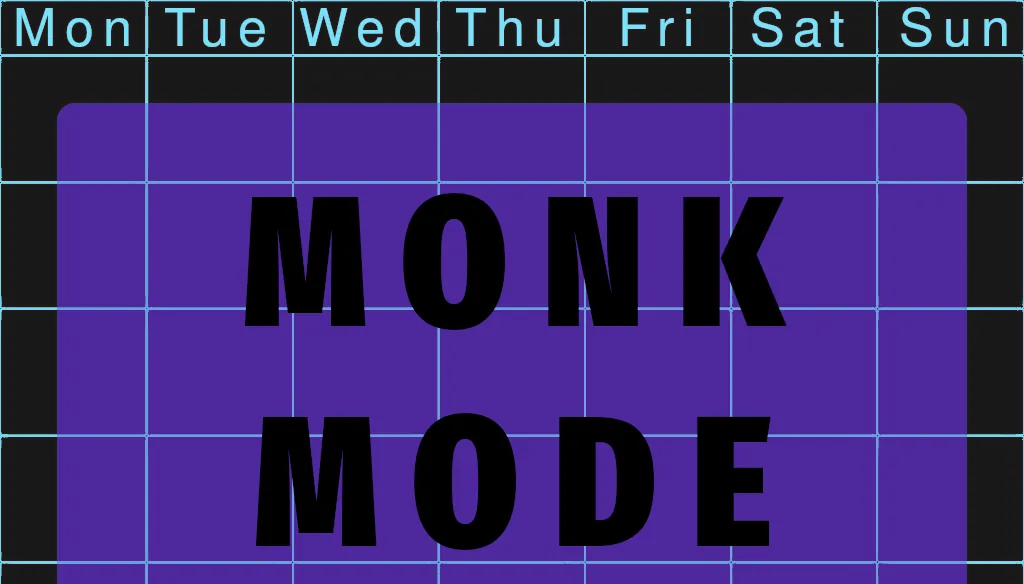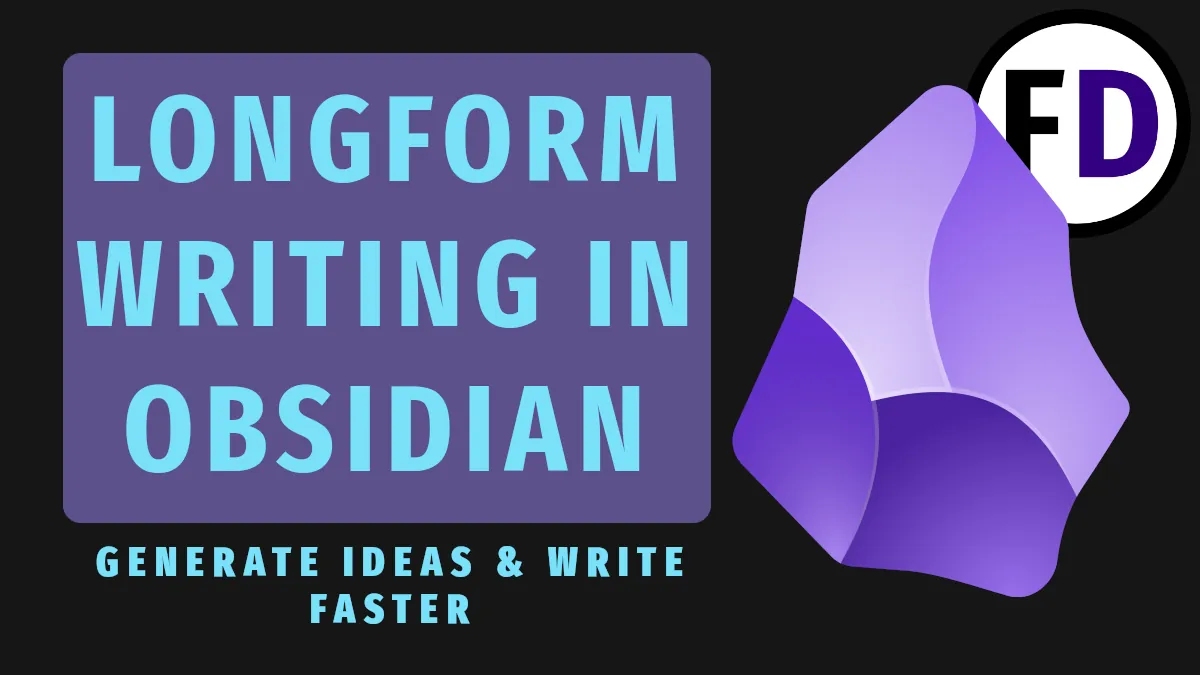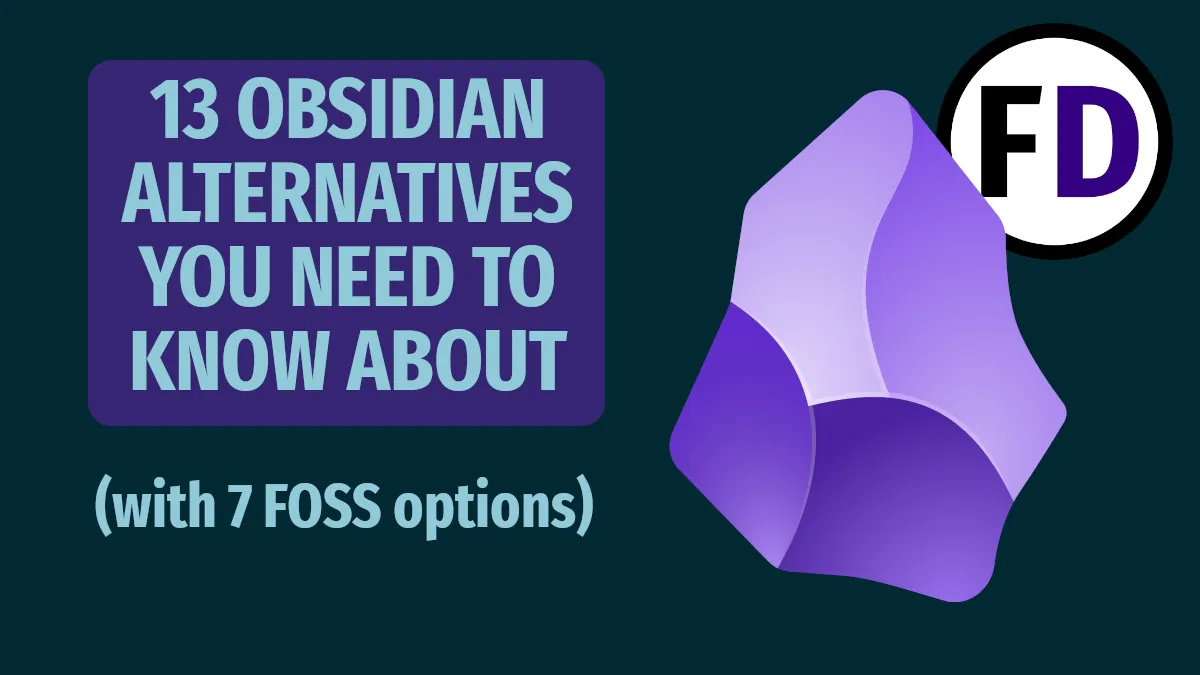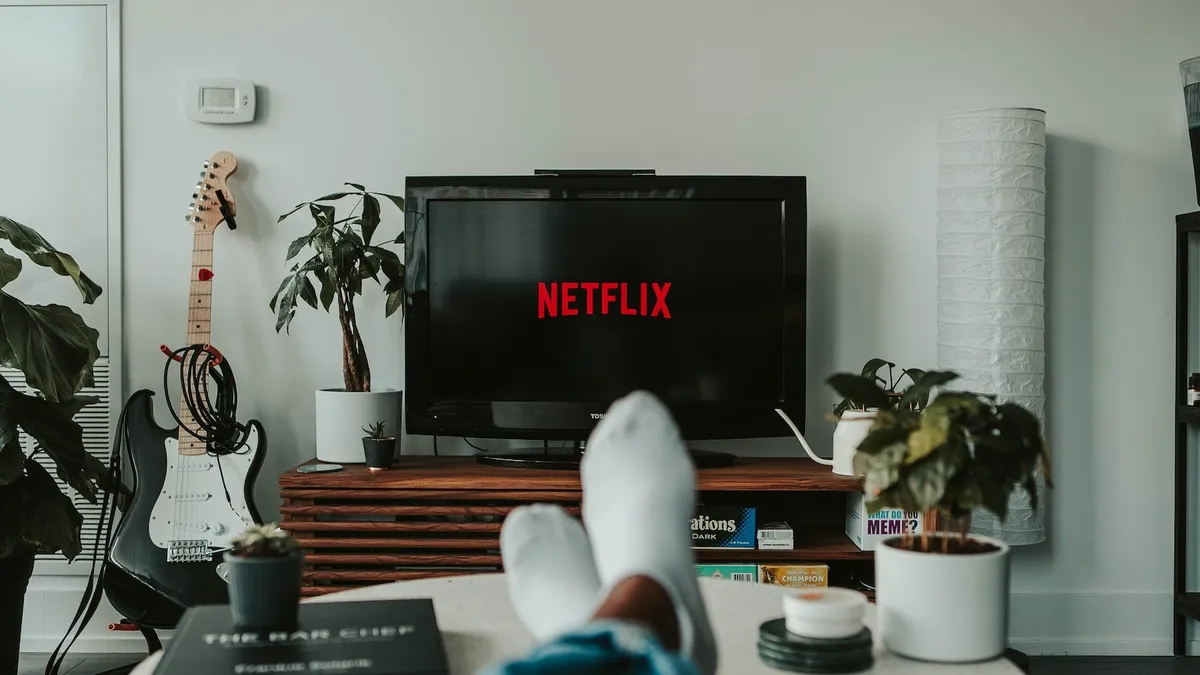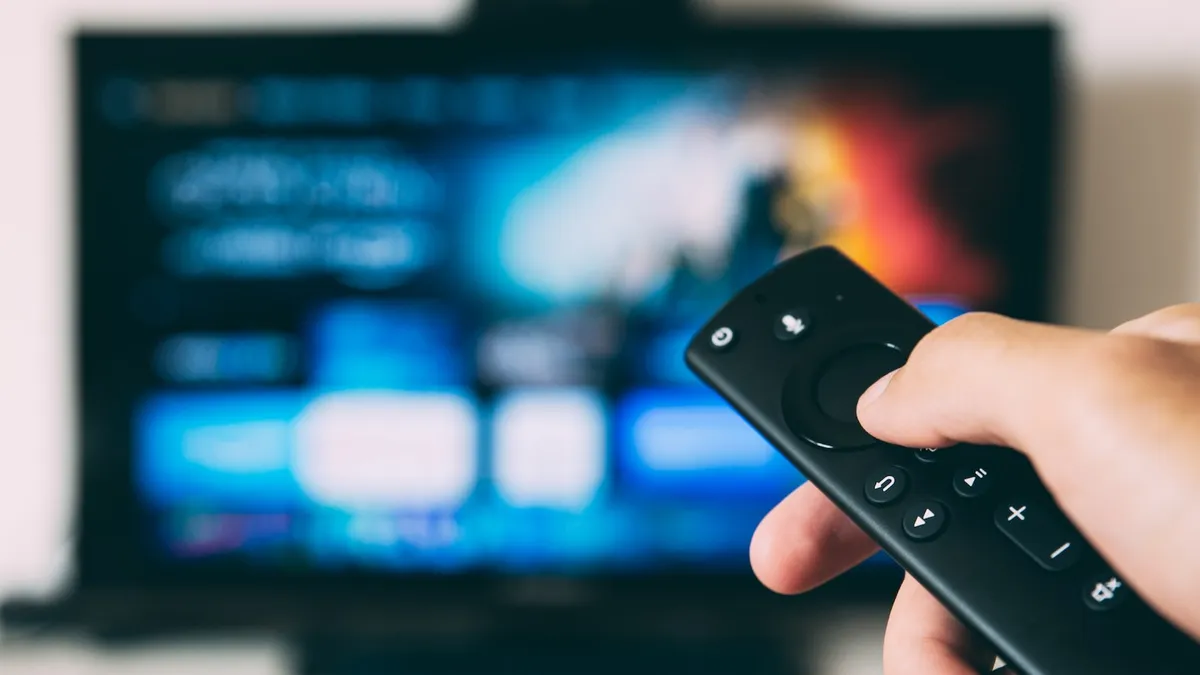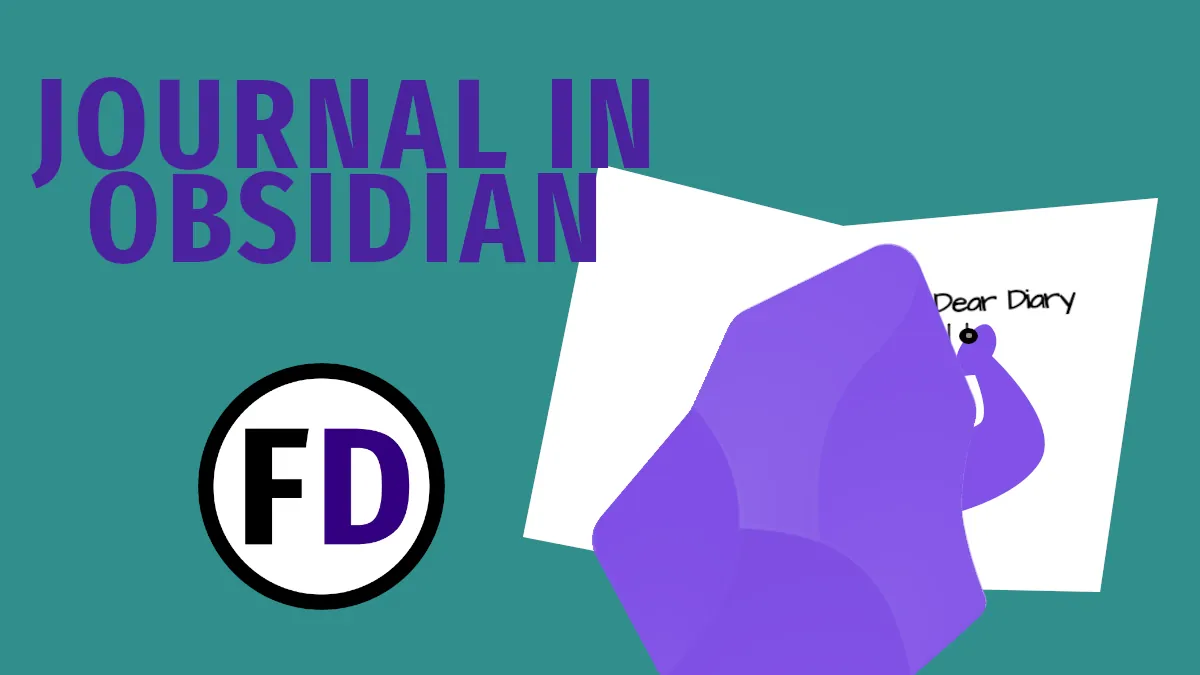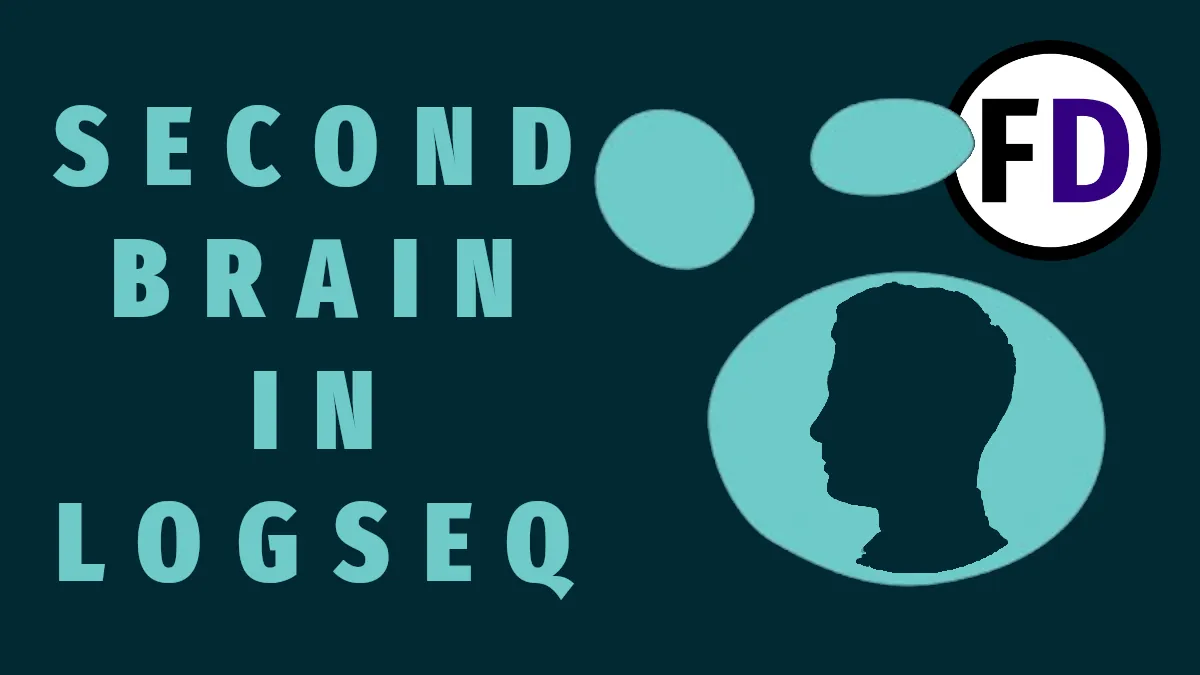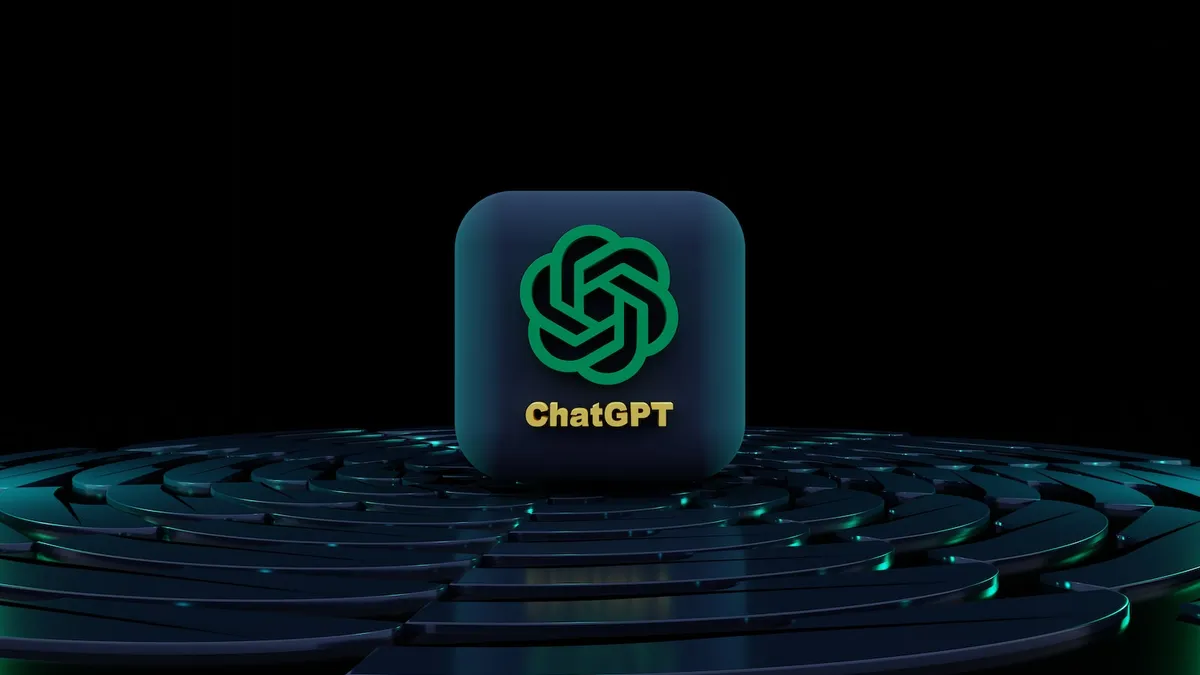Note Taking is in the spotlight right now. Google Trends data shows us that there have never been more people searching for terms like “taking notes” than now. Productivity gurus and influencers have also recently turned their attention to note-taking, such as Matt D’avella’s recent video.
Since I first went to college 20 years ago, I’ve used only a few different note-taking strategies. And while it’s easy to get caught up in the various apps available for taking notes now, understanding why you are taking them in the first place will make those choices much more straightforward.
So why take notes?
- To store information for reference later.
- To memorize later.
- To remind you to take action.
- To produce better writing.
- To make you more creative.
- To create a second brain.
When to Take Notes
Most people think taking notes is only something you do in lectures or listening to high school teachers. But, lecture notes are just the tip of the iceberg any time you want to either remember a piece of information or keep it for later reference, you could note it down.
If you’re reading a book on Greek myths and want to remember that Dionysis is the God of Wine, you need to capture it in a note. Likewise, if you’re talking to a bank manager and he tells you there are three mortgages suitable for you and what they are, note them down. How else will you tell your partner later in the day?
Why Take Notes?
Why you want to take notes depends on what you want to do with them and even on your learning style. For example, you may prefer handwritten notes over typed ones. On the other hand, you may prefer writing things down in your own words or copying and pasting straight from an article or document.
Whichever way you choose to write notes, keep in mind why you want your notes. Then select the note-taking method and tools that best suit them. The best note-taking apps and their strategies are found below, with the reasons for taking notes.
Notes for Reference
- Apps & Tools: Evernote, Notion, Obsidian, Roam, Text Files, A Notebook
- Method: Outline, List, Rewrite, Cornell Method
- Read: How to Take Smart Notes
The vast majority of notes that we take will be for reference.
I have notes about how to change my wifi settings, about dreams I had, and about how to make crumpets. I don’t need to memorize the information; I just need to access it when I take my laptop out or want to make crumpets!
While I could find the same information online, it usually means doing a Google search and then reading two or three sites to find the one terminal command I’m looking for or the recipe I used last time, which made the most holes on top of my crumpet.
By instead referring to my note, I have the exact information I want and can find it much quicker.
Notes for Memorizing
- Apps: Anki
- Method: Spaced Repetition, Lists
- Read: The Memory Book
The first reason note-taking is so important is that your brain is like a computer without much space in its hard drive. It can hold onto a few essential files, but 99% of your experiences are not retrievable.
Try remembering what you had for lunch 23 days ago.
But do we need to remember information like that?
No, the brain filters our experiences and forms memories out of the ones it thinks are important. Highly emotional, painful, or euphoric events tend to be remembered.
But the brain doesn’t always do a great job working out what’s important. For example, that equation you needed for the test didn’t get turned into long-term memory; your brain chose the silly joke you heard yesterday instead.
Note-taking forces your brain into remembering by accessing the information repeatedly; this signals to the brain that it’s important. But, of course, this requires good note-taking habits and repeated review of your notes.
The only way to do that is to have the information in your notes.
Notes are more accessible
Apps: Evernote, Notion, Roam, Obsidian
Method: Any
Read: How to Take Smart Notes
Do we need to take notes if we have the information in a textbook? Not necessarily.
If the purpose of your notes is to remember information, then does it matter if you use notes or a textbook to help you memorize?
Although you can use a textbook to memorize information, the process of writing notes is a good signal to the brain that something is important. I.e., writing notes will help you remember the information.
Remember, we are trying to tell the brain that something is important enough to memorize. Experiencing the information in different ways signals this, such as: writing it, reading it, hearing it, and talking about it.
Your notes can also be much more concise than a textbook. For example, there may be a whole chapter on something, but you only need to memorize one fact. Pulling it out of the textbook and into your notes, along with everything else you need to learn, will simplify the review process.
Notes as a reminder
Apps: A Physical Notebook
Method: In sight, in mind
Read: The Best Productivity Advice I Ever Got
Not only do we need to memorize (some) of our notes, but we also need to remember to memorize our notes. We need a reminder to spend the time to memorize all the things we have marked as important.
If we don’t take notes and instead plan to memorize straight from textbooks, you will need a list telling you where each piece of information is.
If you take notes, the notes themselves can act as a reminder. Put the notebook into your bag, and later when you’re sitting in Starbucks, you see it and remember that you need to memorize your notes.
Notes Improve Your Writing
Apps: Obsidian, Notion, Roam
Method: Zettelkasten
Read: How to Take Smart Notes
Whether you are writing your first book, blog post, or even just a tweet, having a catalog of great ideas, quotes, and other things you thought were interesting is a huge advantage.
It’s not just quotes and facts, either. Most great nonfiction writers use stories to get their point across, so if you make a habit of capturing great stories you hear, writing your first draft will be so much easier.
Notes Make You More Creative
Apps: Obsidian
Method: Second Brain, Mind Mapping
Read: Building a Second Brain
It may be hard to believe at first. The bookworm making notes in the library hardly screams creative energy, but your notes can make you more creative if you choose to use them correctly.
Notes in a notebook on a shelf aren’t doing much for you if you never look at them or do anything with them.
Although reading through your notes may provide you with some creative ideas, true inspiration strikes when you start to link your notes together.
A note about the habits of primates linked with a note on productivity systems might give you an idea for a new way of getting things done, but only if you link them together.
Notes in a notebook are almost impossible to link together. Thankfully we have software that can aid us in connecting our ideas in ways we may have never seen, making us more creative.
Use Notes to Create A Second Brain
Apps: Obsidian
Method: Second Brain
Read: Building a Second Brain
What is a second brain? A second brain is a system (usually digital) in which you can store ideas, information, quotes, tasks, projects, goals, and anything that could be in your mind.
The benefit of having a second brain is that the information is much more retrievable with search bars, categories, indexes, and links than your actual brain. We’ve all tried to remember where we put that one important thing we needed. The information is there, but the brain won’t give it up.
Imagine if everything you ever thought was important or interesting was all stored in a single location, and you could query it any time you wanted. That’s what a second brain tries to achieve.
Taking notes is essential to creating a second brain system like this. Without taking notes, the system will remain empty.
Final Thoughts: Why You Should Take Notes
Does everyone need to take notes? No.
But if you think you do, figure out what you want to do with your notes first. Then, when you know why note-taking is important to you, you’ll better understand which apps to use and how to use them.

